The time around, and shortly after, the Council of Nicaea in 325 was a wild time for Christianity. The Roman Emperor Constantine legalized Christianity in 313 through the Edict of Milan, and eventually made it the official state religion of the Roman Empire. Finally, Christians could come out of hiding in fear of persecution. This opened all kinds of paths for the development and growth of the early church.
This list of seven key Nicene and Post-Nicene Church Fathers is not intended to be an exhaustive list of the people who shaped the church. That would take volumes of literature. Rather, this list gives a flavor of some of the key people whose influence still impacts how we do church, even today, in many different ways. What these people have done should inspire us to always consider what the heartbeat of our faith should sound like.
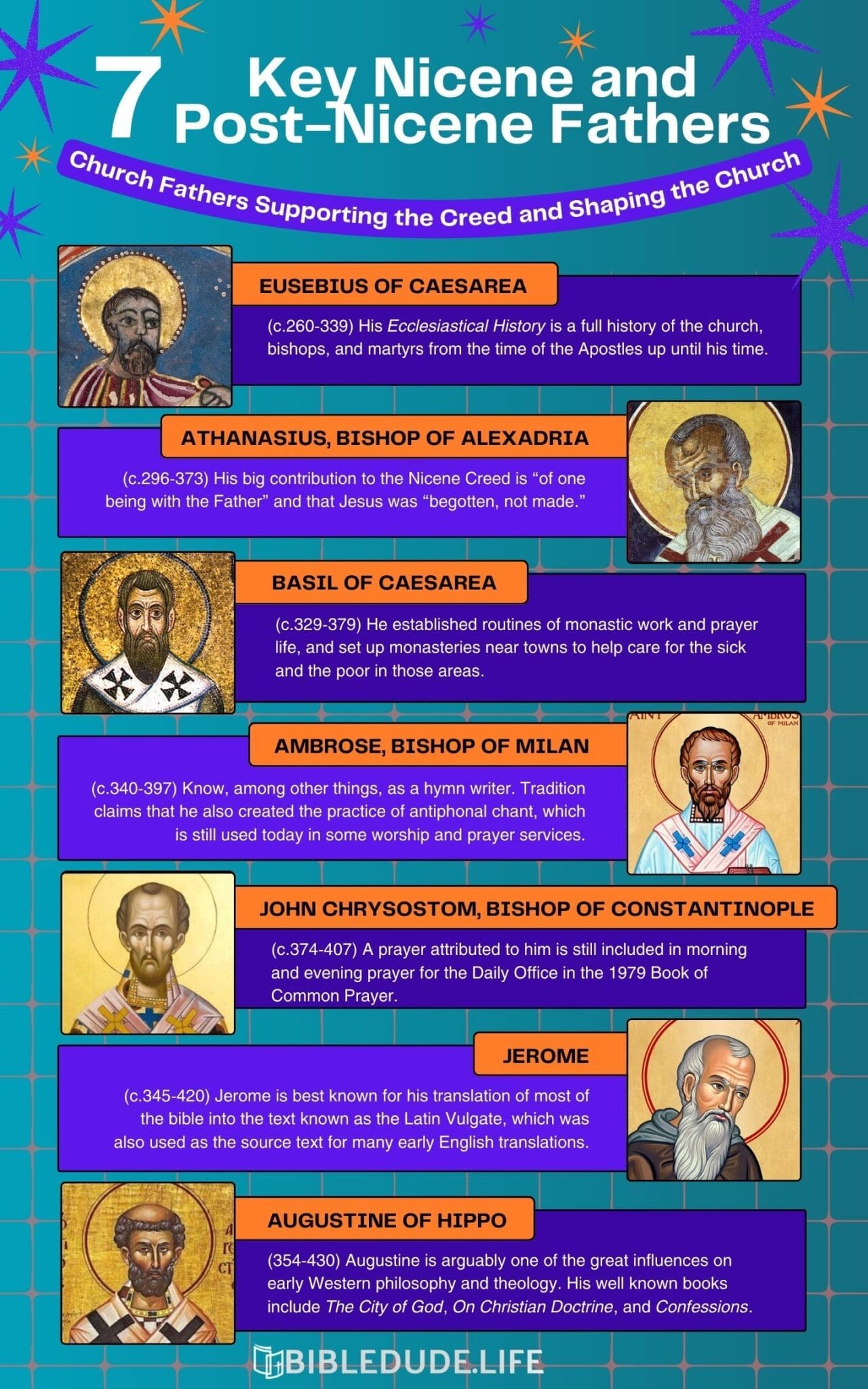
Eusebius of Caesarea (c.260-339)
Eusebius was the Bishop of Caesarea during the early 4th century during the reign of Constantine, and was in attendance at the Council of Nicea. He’s known as a great scholar and exegete of the Scriptures, and was closely involved in the development of the creeds formed by the early church. One of his greatest contributions to the church is his historical writings. His Ecclesiastical History is a full history of the church, bishops, and martyrs from the time of the Apostles up until his time. It’s valuable largely because most of the source documents he used are now lost. His work gives us a great picture of what the early church was like and its growth during the first couple centuries of persecution.
Athanasius, Bishop of Alexandria (c.296-373)
Another participant in the Council of Nicaea, Athanasius was a fierce opponent to Arianism (the viewpoints of Arius), which denies that Jesus always existed and was of the same substance as God the Father. As an anti-trinitarian point of view, it became one of the major factors in the formation of the Nicene Creed. His big contribution to the Creed is the “of one being with the Father” statement, and that Jesus was “begotten, not made.” Both statements are designed to bring greater definition to the trinitarian nature of God. Athanasius also developed his own creed (which is still occasionally recited in the Episcopal Church today) that even further clarifies his strong trinitarian beliefs.
Basil of Caesarea (c.329-379)
Basil was a post-Nicene bishop, and one of the most influential theologians of his time. He was a great supporter of the Nicene Creed, and had a great deal of influence on the early liturgies developed in the church after the age of persecution. One of his greatest contributions, however, is as a monastic. He established routines of work and prayer life, and set up monasteries near towns to help care for the sick and the poor in those areas.
Ambrose, Bishop of Milan (c.340-397)
Ambrose has an interesting background as a statesman and a church leader, having been selected as the Bishop of Milan while serving as a Governor in the area. He’s referred to as one of four “Doctors of the Church,” known for his excellence as a theologian. He’s also known as a hymn writer, with some referring to him as “The Father of church hymnody,” due to the accessibility and popularity of his hymns in the early church. Tradition claims that he also created the practice of antiphonal chant, which is still used today in some worship and prayer services. Ambrose was also a great influence in the conversion of Augustine of Hippo.
John Chrysostom, Bishop of Constantinople (c.374-407)
As the Arch-Bishop of Constantinople, John Chrysostom is known as one of the most eloquent preachers and speakers and most accomplished authors of his time. Chrysostom translates as “golden-mouthed,” which points to how gifted of a speaker he was. A prayer attributed to him is still included in morning and evening prayer for the Daily Office in the 1979 Book of Common Prayer. He also worked to include laity in the liturgy, because everyone is a minister.
Jerome (c.345-420)
Known as one of the four Doctors of the Church, Jerome is best known for his translation of most of the bible into the text known as the Latin Vulgate. He also wrote several commentaries on the biblical texts. Over the centuries, it became the official Latin text of the bible, still used in modern times Latin church settings. It was also the source text used for several early English translations of the bible.
Augustine of Hippo (354-430)
Augustine is arguably one of the great influences on early Western philosophy and theology. His well known books The City of God, On Christian Doctrine, and Confessions are still popular and influential in the modern church today. Likely growing up in a privileged family and living a hedonistic lifestyle, he converted to Christianity at the age of 31 during a reading of the life of Anthony of the Desert. He eventually became the Bishop of Hippo about 10 years later.
Final Thoughts
The influence of these seven people on the modern church is unmistakable. The Nicene and post-Nicene period certainly was a golden age for the church. The gathering of councils, and the open sharing of worship practices during this time allowed some of the greatest minds in the church to lay a foundation for the practice of Christianity that has remained as our core for over 1600 years since that time. As I ponder the work of these great men, I’m inspired to keep that same passion and heart going today!

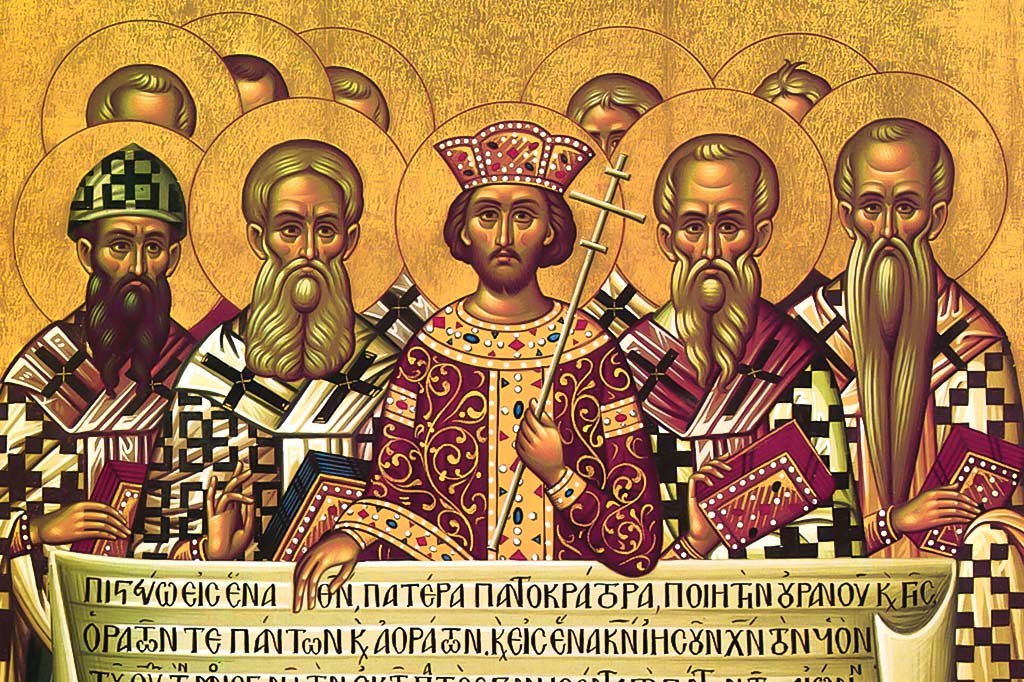
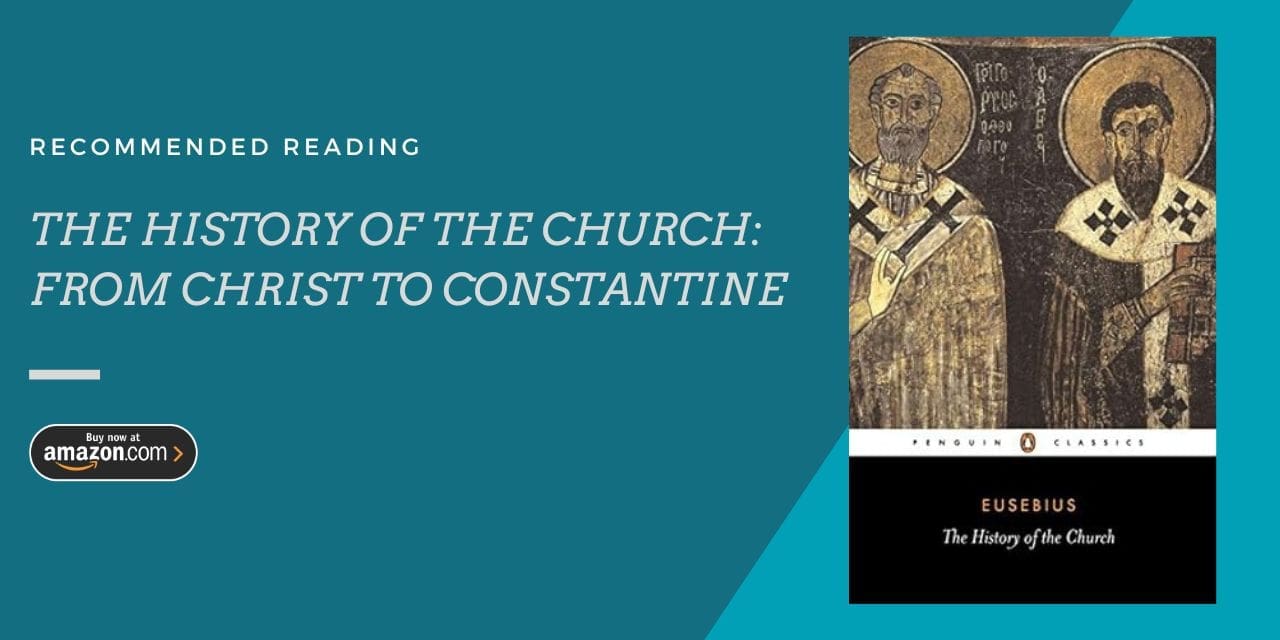
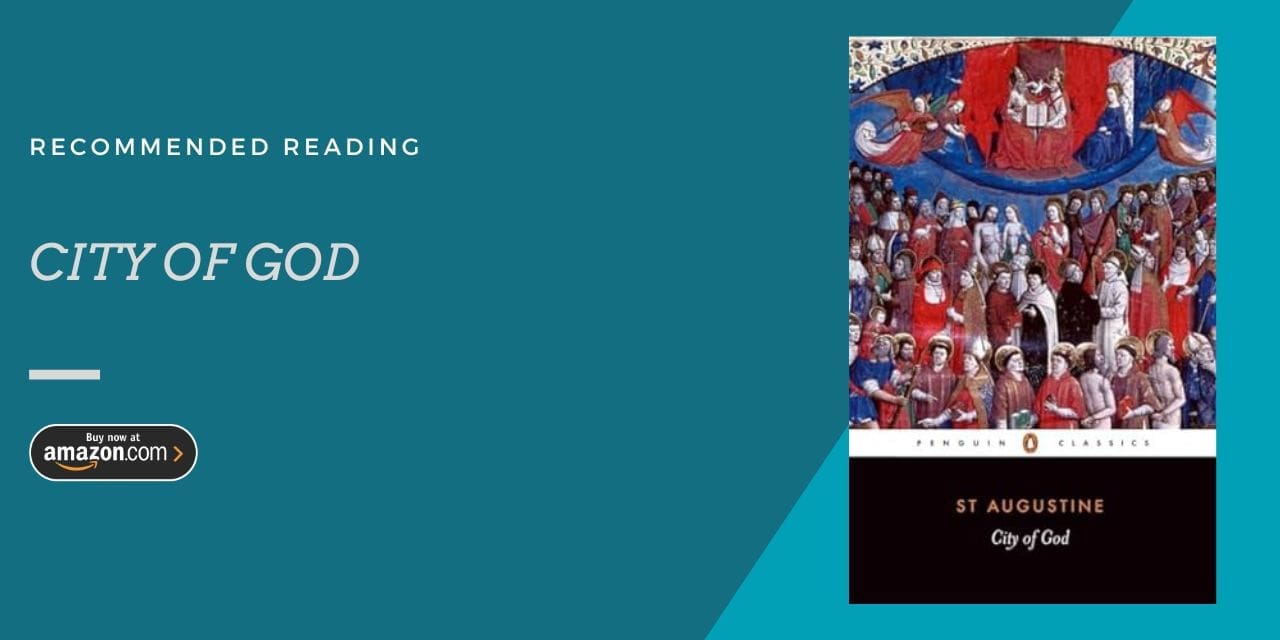

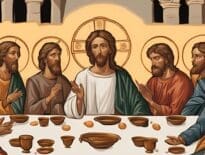

0 Comments